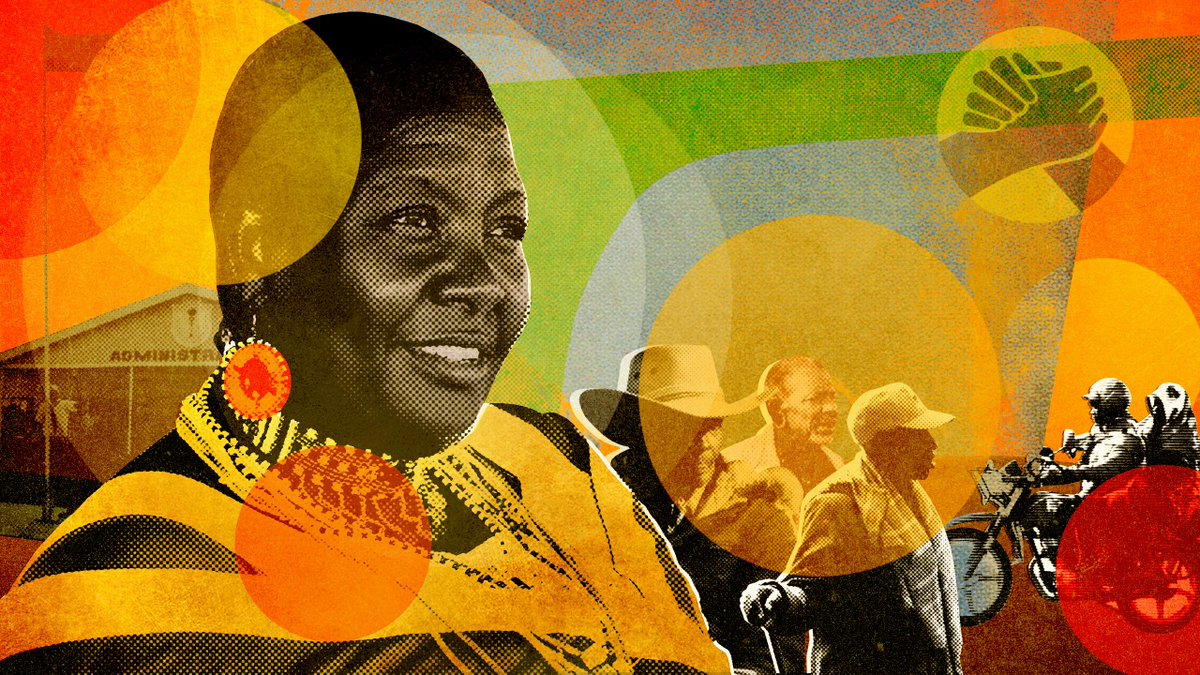When women enter politics, they make a difference.
 |
| Belinda Goldsmith |
Faced with escalating violence, a lack of funding, and locked out of male-dominated networks, many women are reluctant to enter politics with growing concerns that a drive to get women into power globally is moving far too slowly, experts said.
Only about one in four parliamentarians worldwide is a woman, fewer than one in five government ministers is female, and the number of female heads of state or government is set to decline this year to 15 from 17, studies show.
Yet it has become widely accepted that when women rule, in local or national politics, it can make a difference, as they often put over-looked issues like violence against women or female empowerment on the agenda.
With the United Nations’ global goals – the Sustainable Development Goals – aiming for women’s equal participation in politics by 2030, female lawmakers and experts on women in politics said it was time to change how politics work.
They said this included ensuring political parties take the lead in recruiting women, women politicians are given support, and parliaments lose their macho image and “old boys’ clubs”.
Silvana Koch-Mehrin, founder of the Women Political Leaders Global Forum (WPL), a network of women lawmakers, said the number of women in parliaments may have increased but this has not translated into policy change or decision-making powers.
“In some countries the real power circle remains untouched,” Koch-Mehrin told the Thomson Reuters Foundation. “You find many women active in NGOs and other organisations involved in policy but when it comes to going into a political party they refuse because so much time is spent back stabbing and building friendships and less working on policy … They can earn more in business.
“But on the positive side the view women are crucial, for equal opportunity and development for all of society, in both developing and developed countries, is now a mainstream view.”


